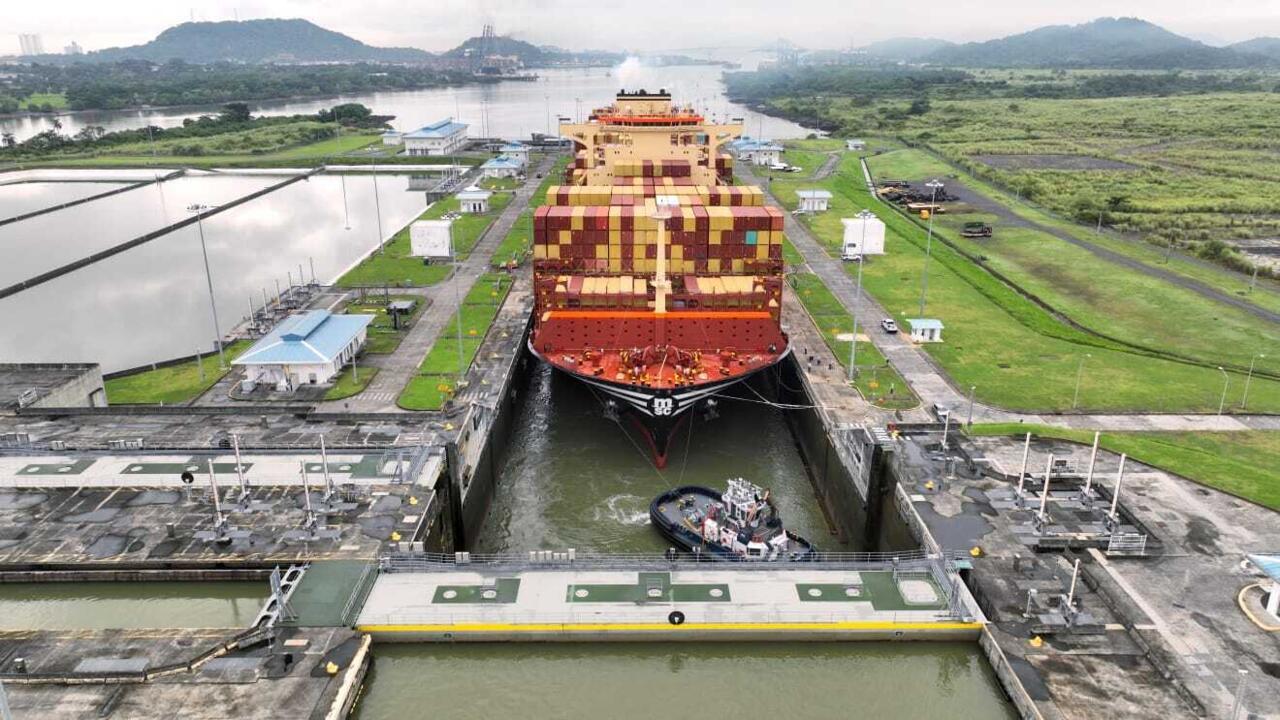In a sharp rebuke to President-elect Donald Trump’s recent comments suggesting the United States could attempt to regain control of the Panama Canal, Panama’s President José Raúl Mulino declared that “every square meter” of the canal belongs to Panama and will remain so. The exchange has reignited discussions about the canal’s sovereignty, international law, and U.S.-Panama relations.
Trump, during his first major rally since his election victory, criticized Panama for charging what he described as “ridiculous” fees for U.S. ships passing through the canal. He stated that the U.S. “foolishly gave it away” and hinted at the possibility of reclaiming it, a sentiment that quickly drew international attention. This was particularly poignant given the canal’s history and its strategic importance for global trade.
President Mulino responded with a video message, asserting Panama’s sovereignty over the canal and its surrounding areas. He emphasized that the canal’s tariffs are not set arbitrarily but by experts considering operational costs and market dynamics. Mulino’s response was clear: “The tariffs are not set on a whim,” and he stressed that Panama had independently expanded the canal to handle increased traffic, with fee adjustments aiding in these improvements.
The Panama Canal, constructed by the United States in the early 20th century, was handed over to Panama in 1999 following the Torrijos-Carter Treaties signed in 1977 under President Jimmy Carter. Today, the canal remains a vital artery for international maritime trade, with the U.S. being its largest customer, followed by China. The canal’s management by the independent Panama Canal Authority has been a point of national pride for Panama, symbolizing its autonomy and economic prowess.
Trump’s comments have raised eyebrows, not just in Panama but globally, with many questioning the legal and diplomatic implications of such a statement. The canal’s neutrality is guaranteed by international treaties, and any move to challenge this could lead to significant geopolitical repercussions. Furthermore, there’s a historical sensitivity given the canal’s past under U.S. control and the struggles for Panamanian sovereignty.
The situation has sparked a wave of reactions on social media, with some X posts supporting Trump’s nationalist rhetoric, while others condemn it as an overstep into international law and sovereignty. Panama’s firm stance has been met with approval from those who view it as a defense of national integrity and independence.
This incident also comes at a time when the canal has faced operational challenges due to environmental factors, such as the 2023 drought that reduced the number of daily ship transits. These operational issues have led to higher fees, which have been at the heart of Trump’s complaints.
The dialogue between Trump and Mulino underscores a potential shift in U.S. foreign policy under Trump’s incoming administration, particularly concerning international partnerships and trade routes. While Trump’s remarks might be seen by some as rallying political support, they also pose questions about how the U.S. will navigate its international relationships in the coming years.
As the world watches, the situation remains fluid, with both countries needing to manage their rhetoric carefully to avoid damaging long-term relations. The Panama Canal, a symbol of engineering achievement and international cooperation, continues to be at the center of this diplomatic tussle.
Sources:
- ABC News – Trump threatens to try to take back the Panama Canal
- Yahoo News – Panama’s president hits back at Trump idea to reclaim key canal
- The Guardian – Trump threatens to take back Panama Canal over ‘ridiculous’ fees
- Al Jazeera – Trump threatens to take back control of Panama Canal over ‘ridiculous fees’
- Axios – “Not negotiable”: Panama’s president hits back at Trump over canal threat
- PBS News – WATCH: Trump threatens to take back Panama Canal in his first rally speech since the election
- BBC – Trump threatens to try and regain control of Panama Canal
- Fox News – Panama’s president hits back at Trump idea to reclaim key canal

